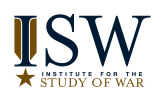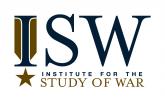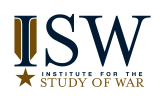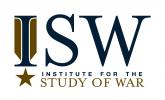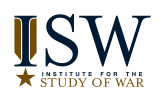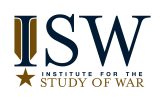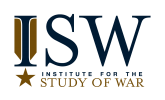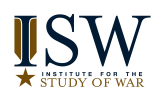Russian Offensive Campaign Assessment, September 13
September 13, 2022 - ISW Press
The Kremlin acknowledged its defeat in Kharkiv Oblast, the first time Moscow has openly recognized a defeat since the start of the February 2022 invasion of Ukraine. Kremlin officials and state media propagandists are extensively discussing the reasons for the Russian defeat in Kharkiv Oblast, a marked change from their previous pattern of reporting on exaggerated or fabricated Russian successes with limited detail. The Kremlin never admitted that Russia was defeated around Kyiv or, later, at Snake Island, framing the retreat from Kyiv as a decision to prioritize the “liberation” of Donbas and the withdrawal from Snake Island as a “gesture of goodwill.” The Russian Ministry of Defense (MoD) originally offered a similar explanation for the Russian failure in Kharkiv, claiming that Russian forces were withdrawing troops from Kharkiv Oblast to regroup, but this false narrative faced quick and loud criticism online. The Kremlin’s acknowledgment of the defeat is part of an effort to mitigate and deflect criticism for such a devastating failure away from Russian President Vladimir Putin and onto the Russian Ministry of Defense (MoD) and the uniformed military command.


